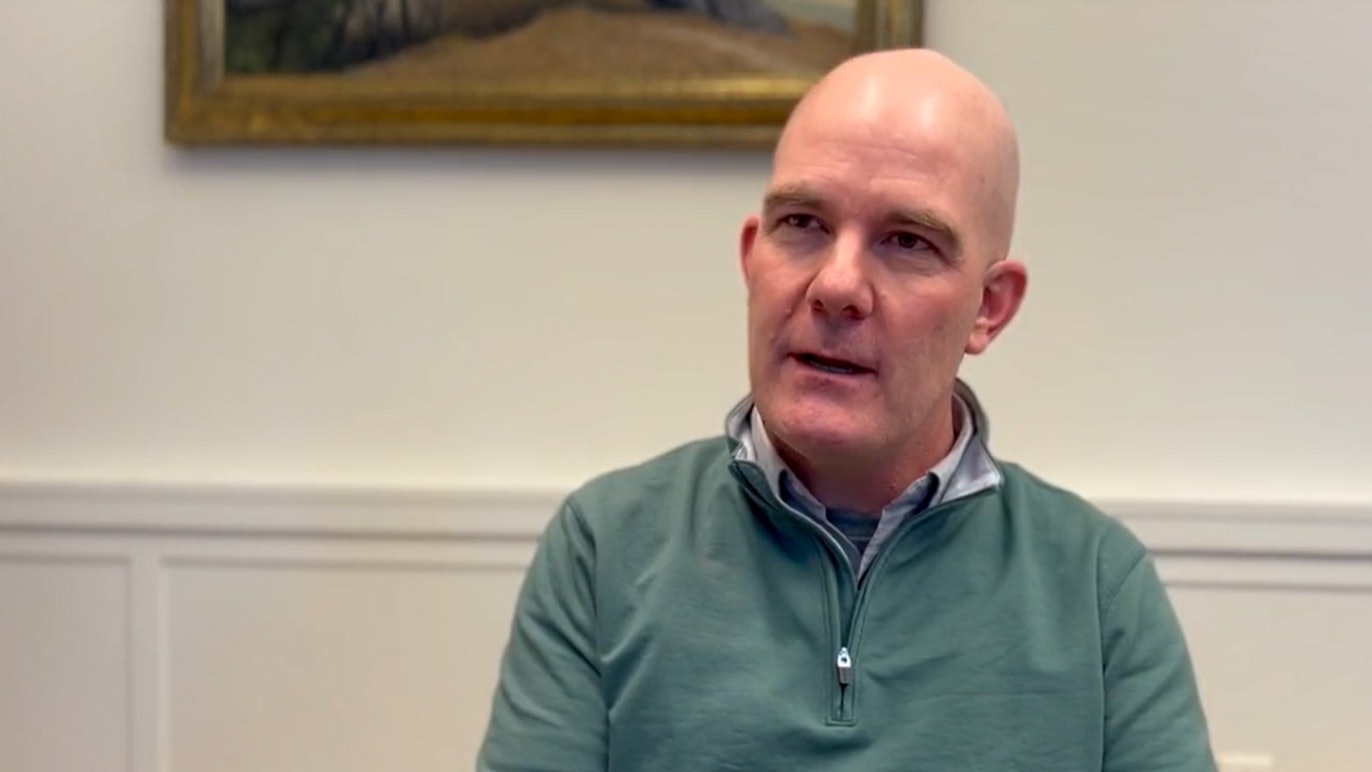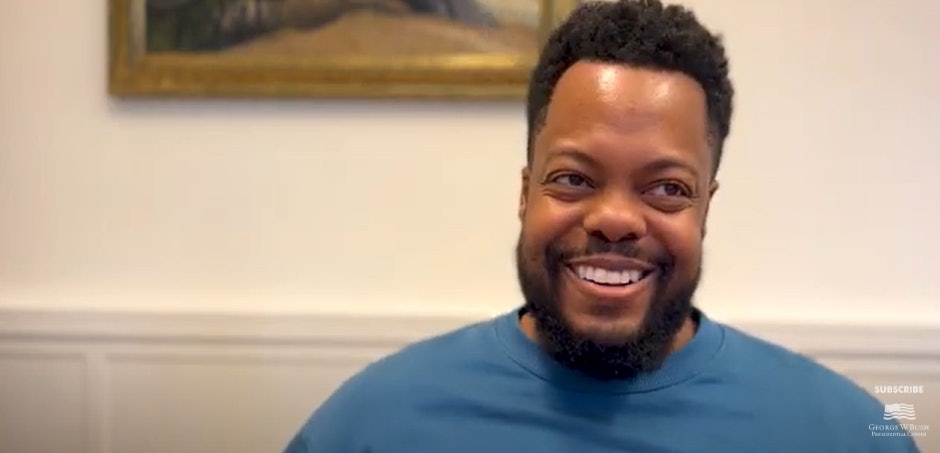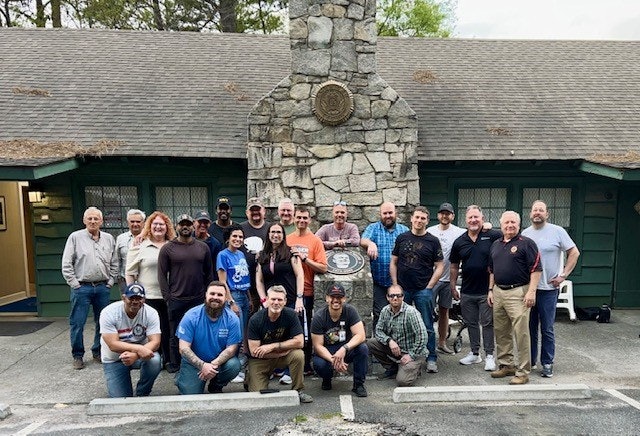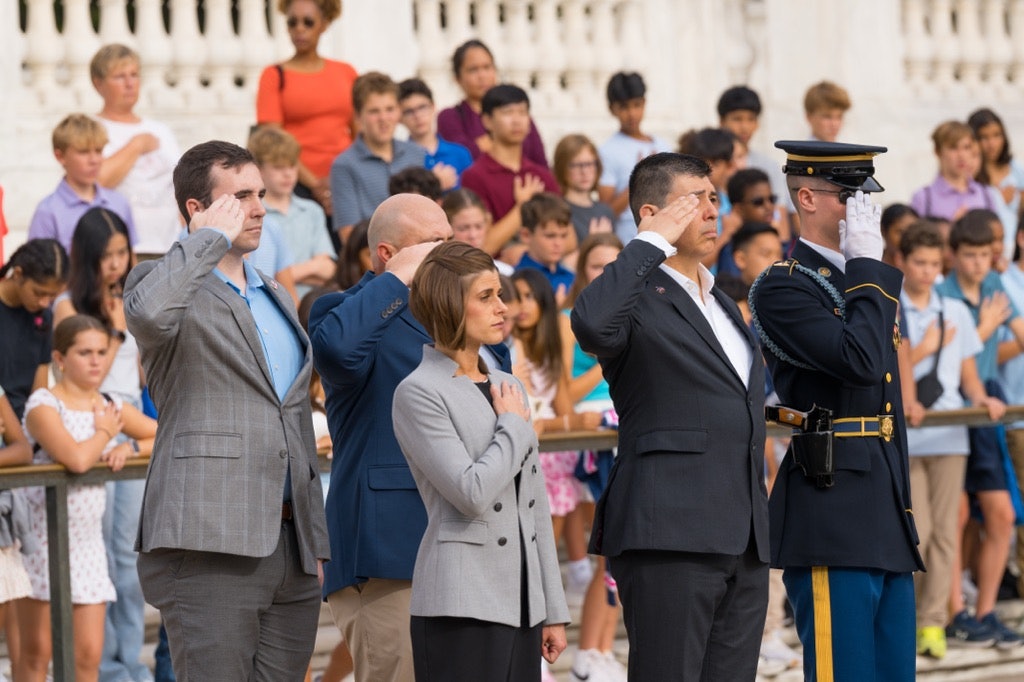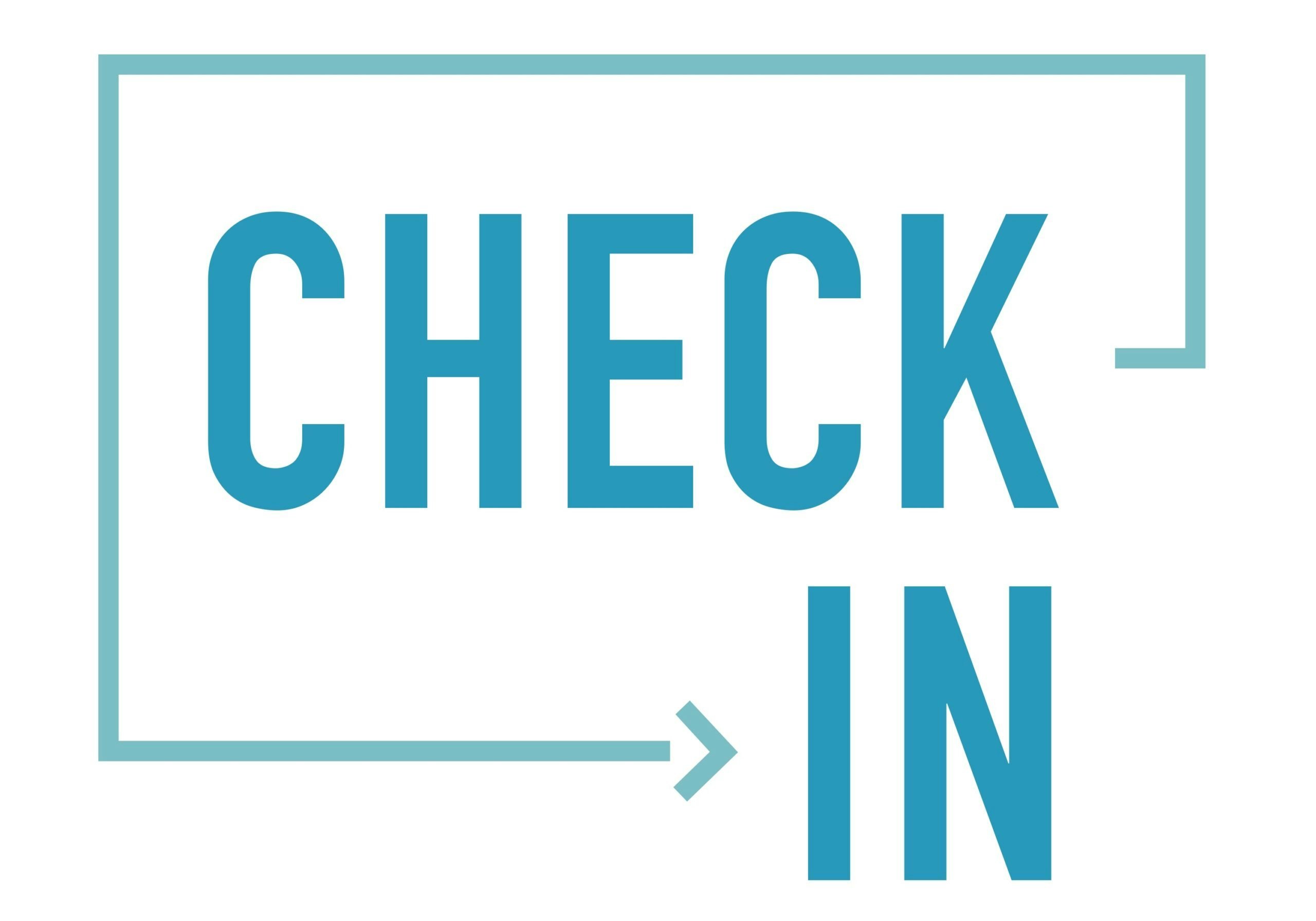Combat stress is a common experience for military personnel in a war zone and can be seen as a healthy adaptation to the environment. But it may be problematic in a safe environment, such as one’s stateside home or in a restaurant.
This year, the Bush Institute is launching a new initiative to raise awareness about the invisible wounds of war: Traumatic Brain Injury (TBI) and Post Traumatic Stress (PTS). The health and wellness of post-9/11 veterans is complex and often linked to their service experience. Physical and psychological injuries sustained during combat can affect multiple aspects of a veteran’s transition from the military to civilian life. Our research indicates that invisible wounds of war pose a significant barrier to continued education, employment, and quality of life.
The Bush Institute will collaborate with experts in veteran health to develop comprehensive recommendations on improving the well-being of post-9/11 veterans. A major focus of our work will examine how best to ensure veterans seek and receive effective treatment. We also will concentrate on strategies to eliminate barriers to care, including removing stigmas associated with these wounds.
Related
Dr. James Kelly examines traumatic brain injuries. Read more
What is Post-Traumatic Stress/Post-Traumatic Stress Disorder?
Well, there are different types of stress:
- Traumatic stress is anxiety and other emotional responses to either sudden, intense or unexpected events (combat engagements, bombings, car crashes, rape). They also may come after long periods of experiencing stressful situations (war zone experience, hostage scenarios, domestic abuse).
- Post-Traumatic Stress (PTS) describes a common human experience of anxiety and distress following life events.
- Combat stress is a common experience for military personnel in a war zone and can be seen as a healthy adaptation to a potentially life-threatening environment. For instance, being hyper-vigilant during a dangerous combat exposure is likely quite important and necessary. But it may be problematic in a safe environment, such as one’s stateside home or in a restaurant.
What are the side-effects of Post-Traumatic Stress?
The common manifestations of PTS(D) are related to the traumatic event and may be in the form of:
- flashbacks
- re-experiencing the event
- re-living the situation
PTS can interfere with normal day-to-day life. A person may experience strong reactions to routine life events due to heightened levels of stress caused by crowds or a lot of commotion found in grocery stores or concerts. Even being with family or friends can become difficult as a result of symptoms like exaggerated startle response or angry outbursts over trivial matters. Sleep disturbance is also common in PTSD and can lead to vivid dreams and nightmares and sometimes lead to violent behavior.
Some effects of PTS(D) are similar to those of mild Traumatic Brain Injury (TBI), such as difficulty with attention and concentration, moodiness, agitation and others. However, it is important to identify those problems as a result of the traumatic event to target the underlying cause more effectively.
There are effective treatment methods for PTS/PTS(D). Counseling can begin on operating bases in the military, or in various settings after a veteran has concluded their service. Certain medication coupled with the application of “evidence based” PTSD treatment protocols have been shown to benefit as well.

















